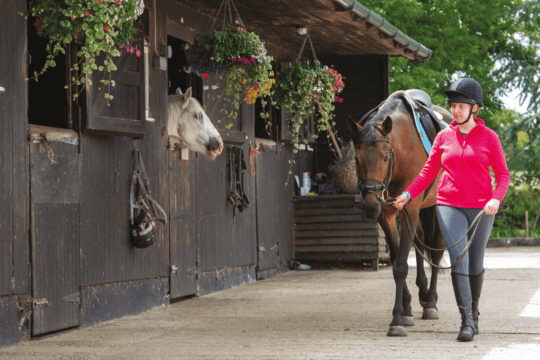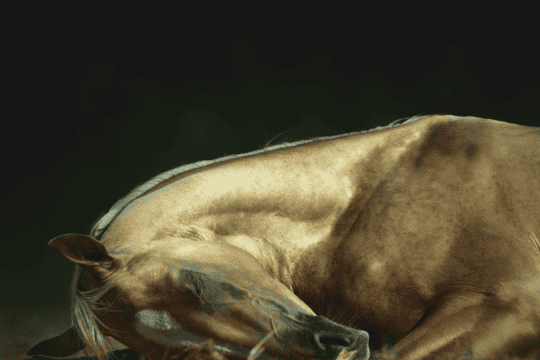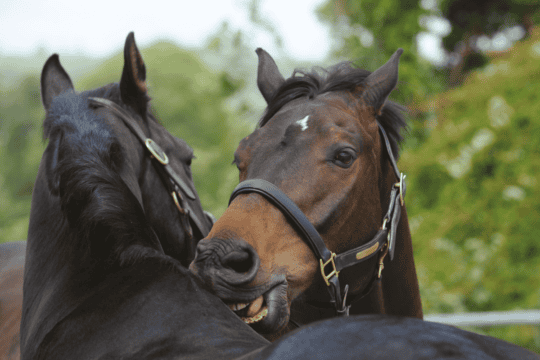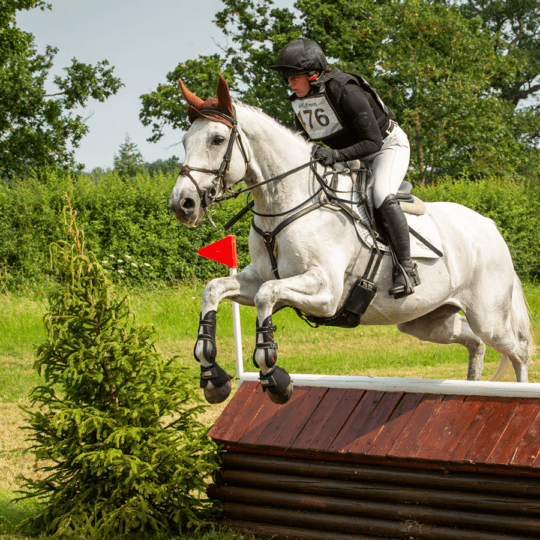Did you know your horse could become dehydrated after just an hour’s work? Nutritionist Kate Hore explains what to look for and how best to keep him hydrated
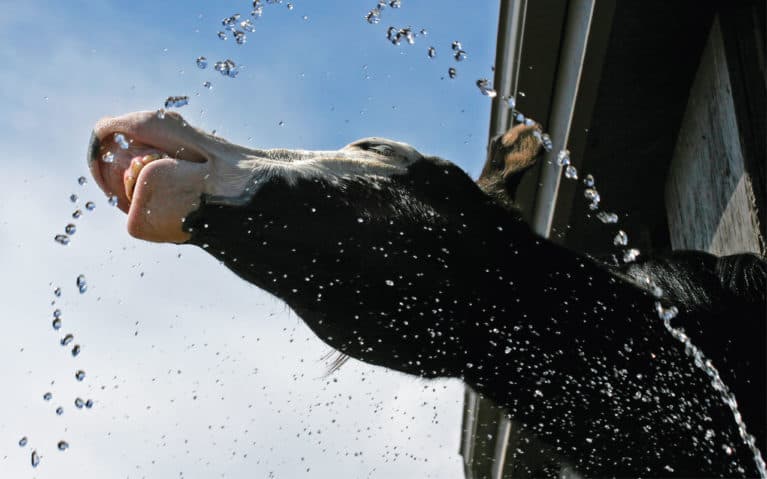
Water is, quite simply, the most important aspect of your horse’s diet – essential to life, it makes up 65–75% of his bodyweight. Even if your horse is only slightly dehydrated it can have a surprising effect on his body, such as a reduced appetite and poor performance, but in extreme cases dehydration can cause death. Keeping him fully hydrated is essential for ensuring he’s in the peak of health and fitness, but how do you know whether your horse is drinking enough?
Water intake
The amount of water consumed differs between individuals, so it’s essential you know what’s normal for your horse so you can spot changes that might indicate a problem. Horses don’t have a high thirst drive and only spend a few minutes a day drinking, so keep an eye on your horse to ensure he’s drinking adequately. Typically, an average 500kg horse in normal temperatures and doing light work requires about 25 litres of water, which can be achieved through drinking and eating.
A major factor in how much your horse drinks is his diet. Fresh grass contains up to 80% water, so he may not need an additional supply for day to day health, although it should always be available. In contrast, hay and concentrates only contain 15–20% water, so additional drinking water is needed, and horses on a hay and grain diet drink more often, particularly around meal time.
Strenuous work can increase your horse’s water requirement by up to 300%. Temperature also has an effect, with trials showing that in hot weather (over 33oC) water requirements in resting horses is 4–5 times higher than normal.
When could he get dehydrated?
For the average 500kg horse, mild dehydration is possible when around 7l of sweat has been lost, which is easily achieved by a horse who’s doing moderate work for one hour – for example, a fun ride or a lesson. If your horse isn’t adequately hydrated after, and hot weather or further exercise causes the sweat loss to double, it could become a serious issue.
So whatever you do with your horse, whether it be competing or hacking, it’s essential to make sure he stays well hydrated. It’s also important to remember that dehydration should be considered any time your horse sweats, not just when exercising – for example, during hot weather or after galloping about in the field.
Mineral losses
When your horse sweats, he doesn’t only lose water. Electrolytes, or body salts, are also lost – the most important of which are sodium, chloride, potassium, calcium and magnesium – and they’re essential for maintaining the acid-base balance within your horse’s body. These losses increase with work and temperature – an average horse can lose up to 90g of body salts in just two hours’ work. So in warmer weather or when your horse is working particularly hard, it’s essential to use a broad-spectrum electrolyte supplement. Even if your horse isn’t an obvious sweater, don’t dismiss electrolytes as they can be lost in other ways – for example, a significant amount of sweat is lost through evaporation from the lungs.
Body salts aren’t the only nutrients lost in sweat, trace levels of some essential minerals are lost, too, including iron, copper and zinc. For your horse to be in the peak of health and fitness, it’s important that these are replaced – add a broad spectrum vitamin and mineral supplement to your horse’s feed if he isn’t already receiving the recommended quantity of a complete feed or forage with a balancer.
Find out more about how to prevent dehydration and spot the signs if it does strike in the August issue of Horse&Rider, on sale 29 June 2017.




